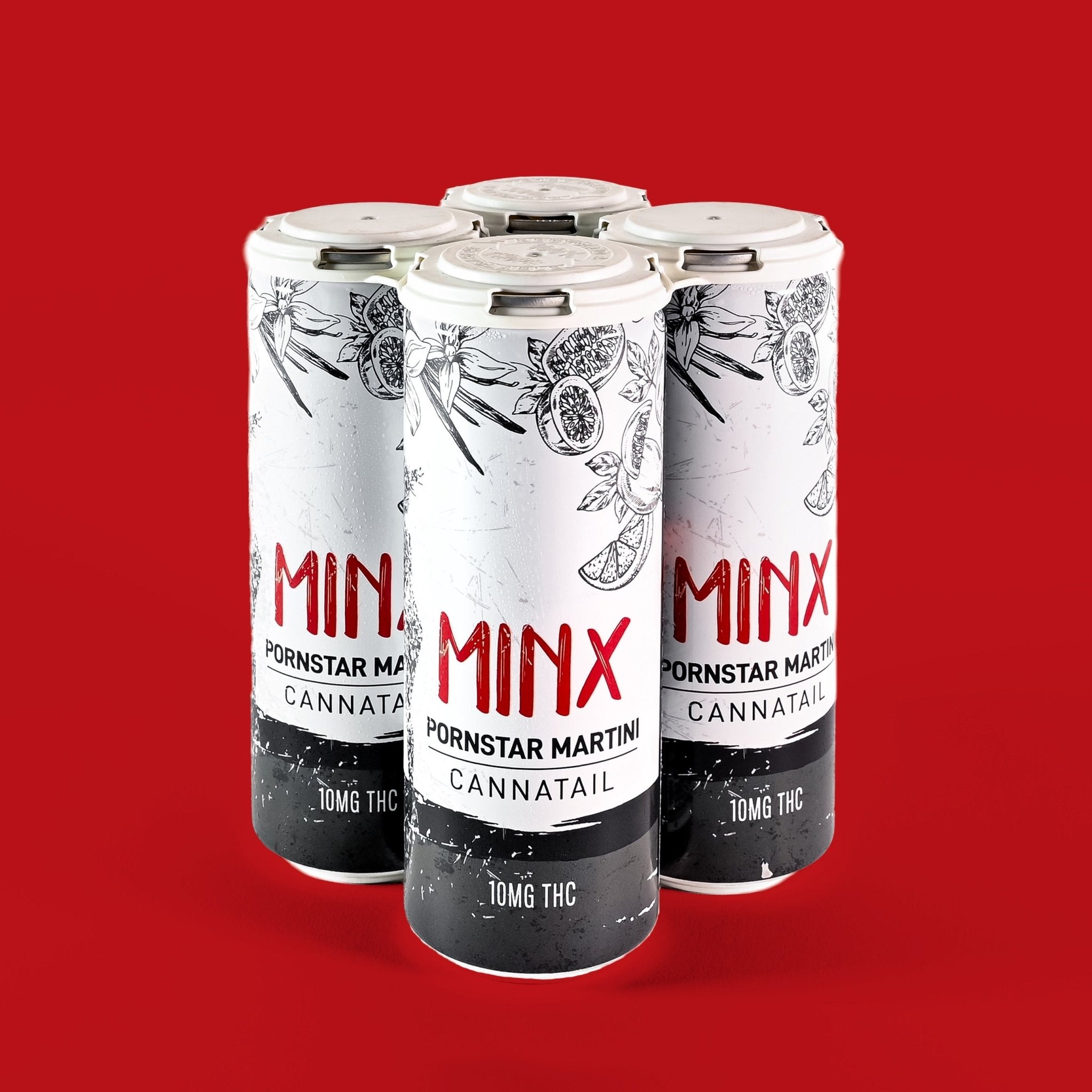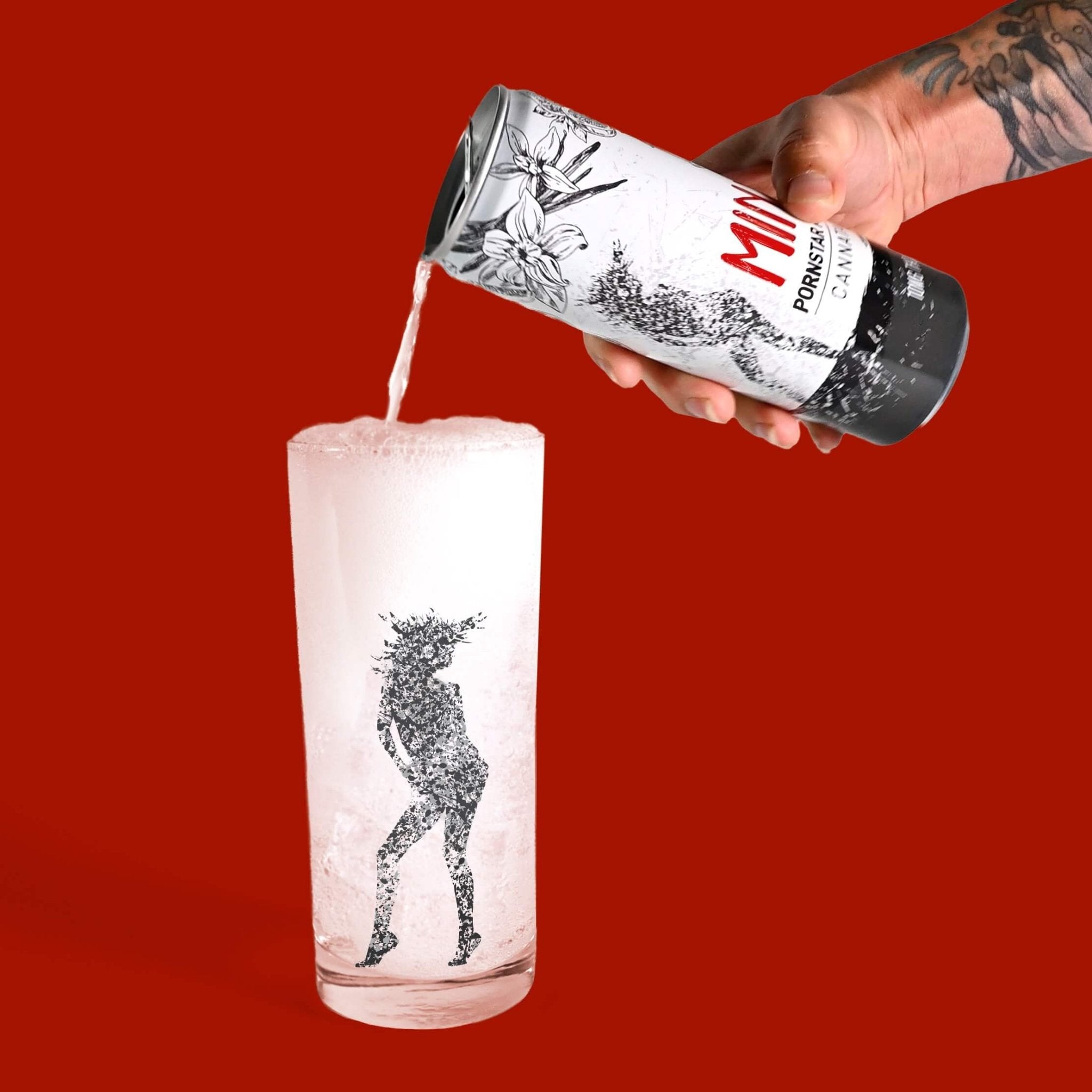
Pain is a constant problem that many Americans face. Currently, opioid medications play an important role in many doctor-recommended pain management strategies. However, opioid medications can be highly addictive and many people who are prescribed these medications end up misusing them.
“In 2017 alone, some 18 million Americans misused prescription pain relievers over the course of the previous year. In many of these instances, patients suffering from chronic pain became addicted to prescription opioids,” Science Daily states in a recent article.
Because of the problems associated with opioid medications, researchers have reportedly been searching for alternative ways to provide pain relief. One of these alternatives includes CBD.
Now, a new study has revealed that a CBD structural analog acts as a potent pain reliever and may even help ease opioid cravings. This CBD analog, which is called KLS-13019, is a compound that is derived from CBD and has a similar structure to CBD.
Overcoming the problem of low bioavailability
Many people have found that CBD helps them manage pain and inflammation. These effects have also been supported by research.
However, the effectiveness of CBD in humans is reportedly limited by its low bioavailability. Science Daily defines bioavailability as “the extent to which the drug successfully reaches its site of action.”
In other words, the body only uses a small amount of the CBD that someone consumes. Sometimes, this low bioavailability can even prevent the CBD from directly reaching the areas of the body that are causing someone pain.
According to Science Daily, studies have shown how CBD can reduce pain in animals, but CBD has a low bioavailability in humans, which can make it less effective at reducing pain. However, scientists at Temple’s Lewis Katz School of Medicine recently published research that suggests a new CBD analog called KLS-13019 can provide more effective pain relief. It is suspected that KLS-13019 can do this is because it reportedly has a bioavailability of 67 percent compared to CBD’s bioavailability of only 8 percent.
What exactly did researchers study
“KLS-13019, developed by the Pennsylvania-based bio-pharmaceutical and phyto-medical company, Nauropathix, Inc., is among the most promising neuroprotective CBD analogs currently under investigation,” Science Daily reported. “In previous work in cell models, [KLS-13019] was found to be more potent that CBD, and studies in animals suggested it had improved bioavailability.”
Scientists from Temple’s Lewis Katz School of Medicine aimed to build off this research. Their results were published April 6 in the British Journal of Pharmacology.
The published research explains that the goal of the study was to “characterize the behavioral pharmacological effects of KLs-13019 in comparison to CBD and morphine in mouse models of CIPN, nociceptive pain, and reinforcement.”
CIPN is a common side effect of some cancer treatments. People who have CIPN as a result of their cancer treatments causing damage to peripheral nerves can be in very severe pain. This pain can reportedly manifest as tingling, burning, or numbness.
Study results show promise
Ward and the other researchers reportedly compared the effects of CBD and KLS-13019 on mice with CIPN. The studies showed that the mice that received either CBD or KLS-13019 experienced a significant reduction in pain.
However, there were some differences between KLS-13019 and CBD. KLS-13019 was reportedly more effective at reversing pain sensitivity among mice with established peripheral neuropathy. It was also reportedly better at reducing opioid-seeking behavior in the mice.
“In a mouse model of chemotherapy-induced peripheral neuropathy (CIPN), we’ve been able to show for the first time that KLS-13019 works as well as, if not better than, CBD in preventing the development of neuropathy and reversing pain sensitivity after pain has been established,” said Sara Jane Ward, PhD, to Science Daily. Ward is the Assistant Professor of Pharmacology at the Katz School of Medicine and senior investigator for the new study.
The researchers reportedly felt that KLS-13019’s pain relieving properties are likely caused by the same process that causes CBD’s pain relieving properties, but that the analog may be more effective because it has more bioavailability than CBD has. In addition, researchers reportedly suspect that KLS-13019 may have an additional ability to break up the pathways in the brain that reinforce opioid use.
Ward and the other researchers who worked on this project reportedly plan to investigate the mechanisms and effects of KLS-13019 on opioid-seeking behavior. In future studies, they also plan to examine how effective KLS-13019 is against other pain conditions.
Sources
[1] https://www.sciencedaily.com/releases/2021/05/210505111332.htm
[2] https://www.phillyvoice.com/cbd-pain-relief-kls-13019-temple-university-kannalife-cannabis-research/
[3] https://bpspubs.onlinelibrary.wiley.com/doi/10.1111/bph.15486







































